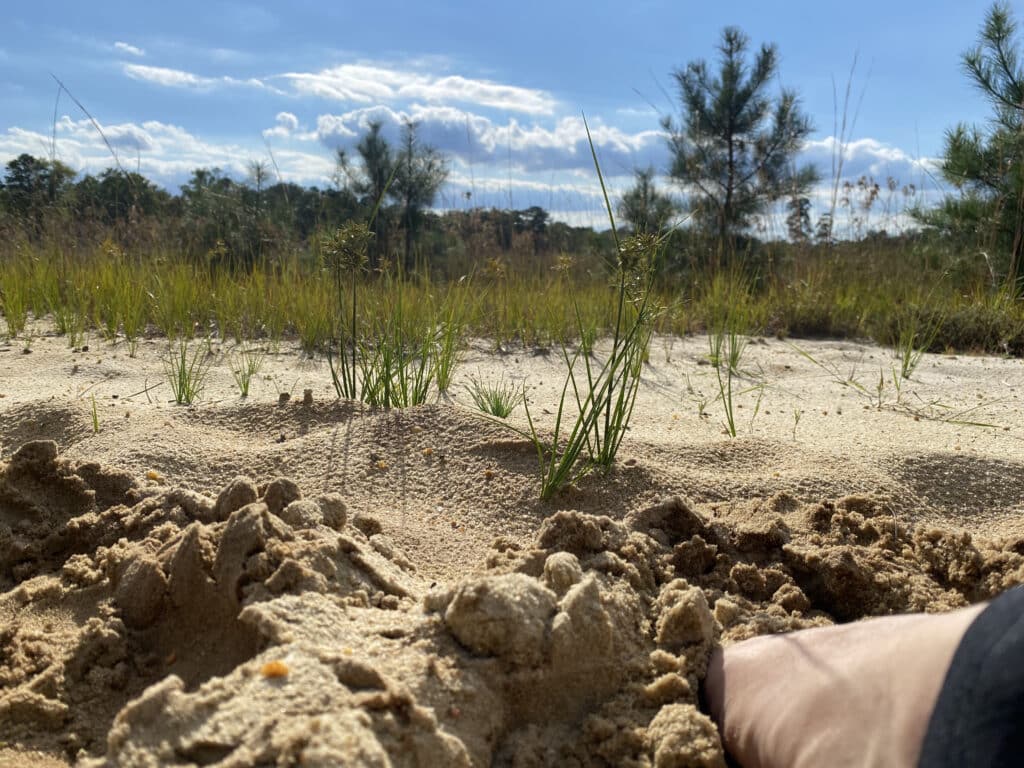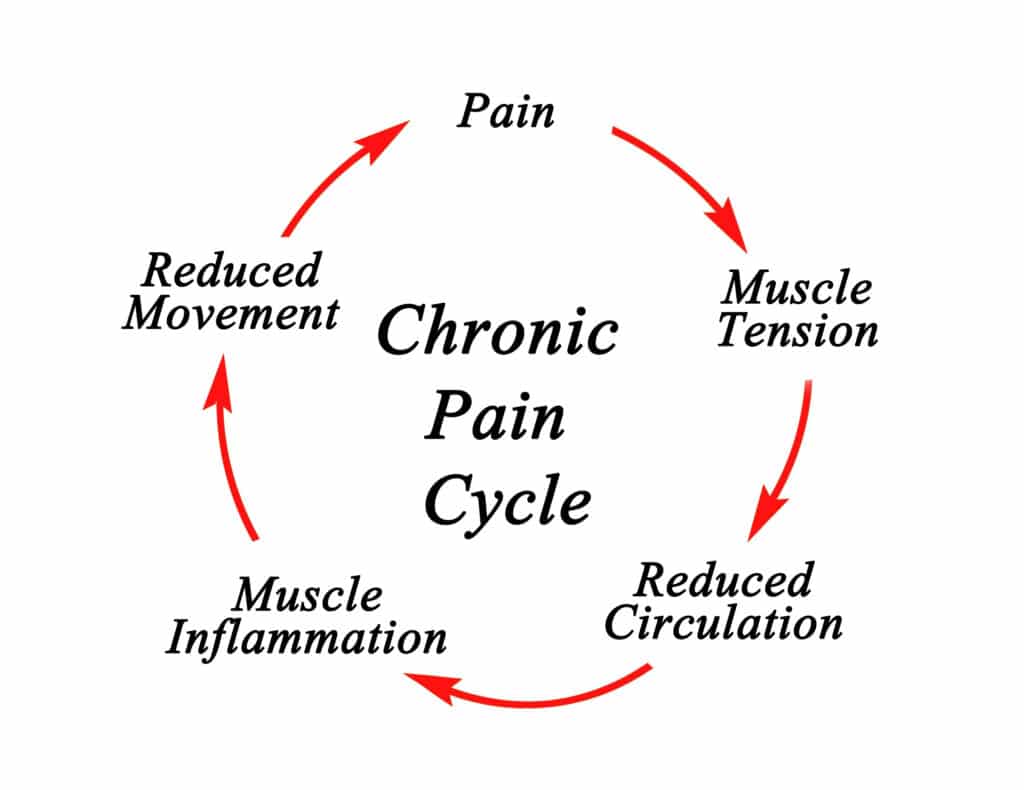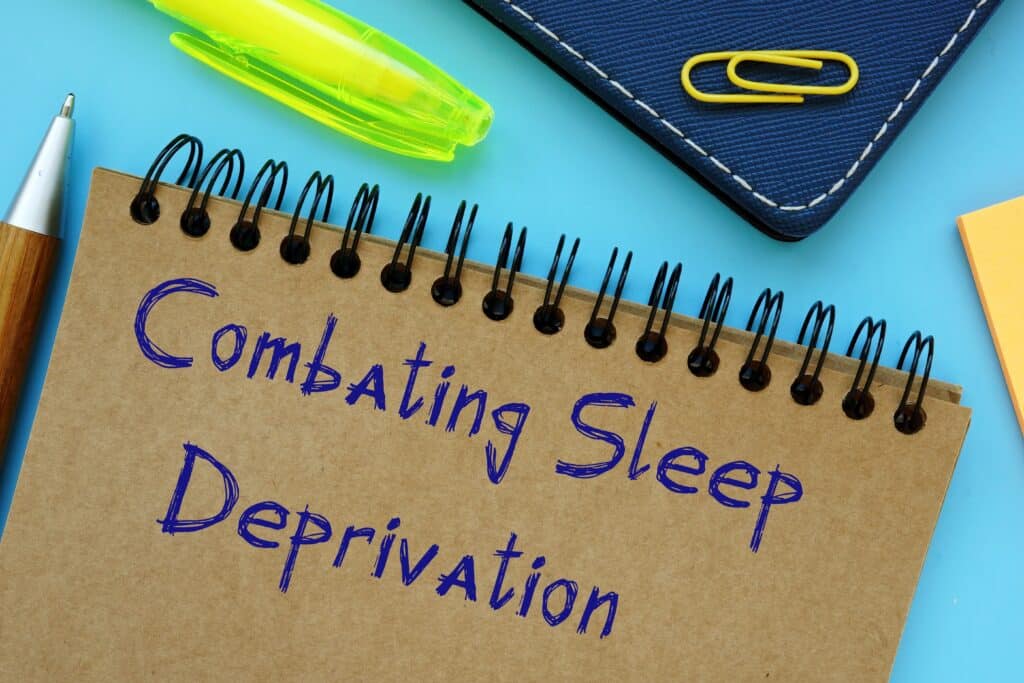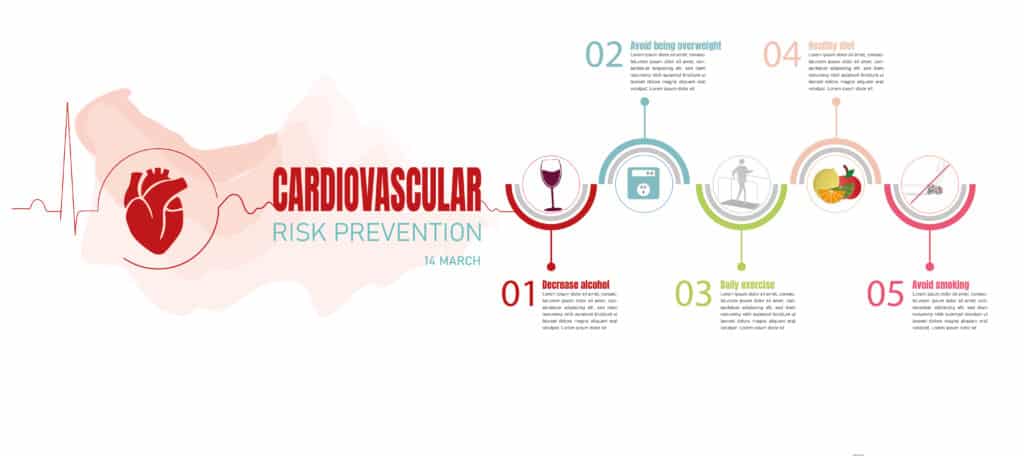
So as the story goes Sije Jamie has been telling me about the difference Grounding has been making on her health. She has been at me now for a while to give it a try. Well, I did just that and I admit although i just started grounding I have to say I have noticed a difference.
And in a future post, I’ll revisit this topic with my personal experience. One of the most overlooked benefits of grounding is that it helps reduce pain and inflammation. By connecting to the earth, your body will receive electrons that neutralize inflammation and relieve pain.
This is nature’s way of healing. By grounding yourself, you can also reduce your stress and sleep better. If you’re unsure what grounding is, start with a simple meditation and see if you notice the benefits.
1. Reduces inflammation

One of the best ways to reduce inflammation is through grounding. This practice has been around for over 20 years and has been proven to improve health and lower or even eliminate inflammation altogether.
It has also been found to have many other beneficial effects on the body. It has been shown to improve sleep, reduce pain, increase circulation, and even improve wound healing. Many people have also experienced improvements in conditions such as autism and osteoporosis, as well.
Inflammation is caused by an imbalance of electrons within the bloodstream. This deficiency triggers the immune system to respond by sending more neutrophils to the affected area. This inflammatory response can go undetected for years. To counteract this inflammatory cycle, grounding can greatly improve the immune system.
Grounding can also reduce the level of pain in those suffering from chronic pain. It can neutralize free radicals, a major cause of inflammation. The more grounding you do, the more electrons you will absorb, which slows down the inflammatory process. When the inflammation subsides, your body will be able to stabilize itself.
Studies have also shown that grounding reduces cardiovascular risks. Researchers connected conductive patches to the earth outdoors and then monitored blood levels before and after the intervention.
While the treatment did not improve blood clotting, it improved overall blood circulation. This improved circulation decreases the risk of heart and coronary artery problems. By doing this on a regular basis, you can improve heart health.
2. Reduces pain

Grounding is said to have many health benefits, and one of them is pain reduction. It reduces inflammation and burning pain in the joints and has even been shown to reduce chronic pain. Research shows that grounding can improve the way you feel after exercise.
For example, one study showed that grounding reduced pain from delayed-onset muscle soreness (DOMS), which happens several hours or days after strenuous exercise. The effect of grounding is not yet fully understood, but it may help with recovery from exercise-induced pain.
Another study shows that grounding improves sleep and reduces pain. It also helps regulate cortisol levels, which are responsible for a person’s response to stress. Because the earth is neutral ground, it can help reduce cortisol levels and calm the nervous system.
Because of this, it helps reduce stress and pain. Grounding also affects the autonomic nervous system, which is associated with the fight-or-flight response.
Other grounding health benefits include a reduction in heart rate variability. It also reduces the formation of red blood cells. It can also improve the appearance of the skin. It has also been shown to decrease inflammation in the body. While these benefits are not yet fully understood, researchers continue to explore the health benefits of grounding to discover how it affects the human body.
Grounding is also known to lower high blood pressure. In one study, people with hypertension reduced their systolic blood pressure by 14.3 percent after 12 weeks of grounding daily. The therapy also reduces blood viscosity, which may reduce the risks of heart disease and blood clots.
Grounding is also helpful for reducing pain and inflammation. Those suffering from chronic pain may find grounding beneficial, as it can help them sleep better and have better energy levels.
3. Improves sleep

Grounding your body before going to sleep has numerous health benefits. Among them, it reduces stress and regulates your circadian rhythm. Studies show that grounding can improve your sleep by up to thirty percent or more. It also reduces cortisol levels, which are responsible for the stress response.
High levels of cortisol can lead to inadequate sleep and even sleep disorders. Grounding also calms your nervous system and changes your autonomic nervous system. When you ground yourself, negative electrons from the earth shift your body’s autonomic nervous system into a more relaxed state. Specifically, grounding shifts the sympathetic branch of your nervous system, which is associated with the fight-or-flight response.
Researchers have shown that grounding improves sleep quality in individuals with depression and anxiety. Grounding has also been linked to improvements in the PSQI sleep quality index, total sleep time, and sleep efficiency. Moreover, grounding normalizes circadian cortisol rhythms, which have been linked with several mental disorders, including anxiety and depression.
Grounding has also been shown to reduce pain and stress. The researchers conducted a study where people with insomnia and chronic pain were grounded under a conductive sheet, which was connected to a metal rod grounded in the ground.
Afterward, the participants reported improved sleep and decreased pain and stress. This is because the mobile electrons from the Earth make contact with the skin and enter the body, where they act as natural antioxidants that help protect cells from oxidative stress.
4. Reduces stress

Grounding has been proven to have a number of health benefits, including reduced stress and improved sleep. It can also help manage pain and lower cortisol levels, which are linked to a host of physical and mental health problems. This natural therapy works by restoring the body’s energetic connection to the earth.
Sleep and stress reduction are key to managing chronic conditions and reducing chronic health risks. Grounding helps regulate the body’s 24-hour circadian rhythm and reduce nighttime cortisol levels, which in turn reduces stress levels. Many people suffer from poor sleep or insomnia, and grounding can provide an atmosphere conducive to better sleep.
Another benefit of grounding is that it improves the immune system and inflammatory response, which are both key to a healthy lifestyle. Grounding has been proven to improve cortisol levels, which are too high in the body and contribute to systemic inflammation. It also increases the body’s overall energy levels.
Recent research shows that grounding can have a positive effect on cardiovascular health. Participants wore conductive patches connected to the earth outdoors, and blood levels were measured before and after the intervention. Researchers discovered that grounding improved blood circulation and reduced the risk of blood clotting, which can cause heart problems. Those who practice grounding on a regular basis also experience improved mood and reduced stress.
Grounding is a simple, natural exercise. It can be done at home or in a local park, as long as you can find a natural ground surface. The easiest way to do this is to walk or lie on the grass, or even take a nap outdoors. You can also try doing yoga or meditation outside, especially if you’re surrounded by a large patch of ground.
5. Reduces cardiovascular disease

Grounding has been found to improve cardiovascular health by reducing stress levels. Researchers have also shown that grounding increases zeta potential and reduces red blood cell aggregation. In addition, grounding improves blood flow and reduces pain. However, more research is needed to confirm these findings.
Grounding increases blood flow in the legs, preventing varicose veins and making legs and feet healthier. Many cultures around the world are aware of the benefits of grounding. In India, for instance, people do not wear shoes in temples or homes and eat meals on the floor. People believe that shoes are impure, and therefore can cause disease.
Researchers have discovered that grounding can help prevent heart attacks. A recent study showed that participants who were grounded experienced a reduction in blood clotting and post-exercise muscle damage. The researchers also found a reduction in creatine kinase levels and blood viscosity after grounding. These effects may also contribute to the ability of the body to heal itself.
Grounding has many benefits, from reducing stress levels to improving sleep. It can improve the immune system and reduce chronic inflammation. It can also help people get a better night’s sleep, which is intimately linked to cardiovascular health. Nearly 60 million Americans have trouble sleeping, and poor sleep quality can lead to a host of health issues.
6. Reduces hot flashes

Studies have found that grounding can have a number of health benefits, including reducing hot flashes. Grounding practices include breathing slowly and deeply for a set period of time. The North American Menopause Society recommends this method, and it can help you reduce hot flashes.
You can start by doing this exercise for 5 minutes two or three times a day. Then, gradually increase the time to fifteen minutes. Over time, it will become second nature and can help you reduce the severity of your hot flashes.
Another option to consider is using natural therapies. A number of integrative methods can help you reduce the frequency and severity of hot flashes. A simple change in your lifestyle can help alleviate symptoms and improve your mood and reduce your risk of developing a mental disorder. For example, if you drink lots of coffee or soda, you’ll be more prone to hot flashes. Alternatively, try drinking white wine, and drinking it with food. Also, try drinking decaf coffee instead of regular coffee.
Acupuncture and meditation are other alternative treatments for hot flashes. They can relieve the symptoms without the side effects of prescription drugs. Other methods can help reduce the symptoms and help you sleep better. Exercise is another option, as it helps to regulate your body temperature and improve your mood. Yoga can also help to reduce hot flashes.
Final Thoughts
There have been studies on the positive effects of grounding. And as far as doing something good for your health, grounding is one of the easiest things you can do. It’s free to try and it’s barely any impact on your body.
In fact, it’s literally one of the easiest things you could do that could help your overall health. So before you are done reading this blog post highly consider trying out grounding for yourself. Have you tried to ground before? If so what has your experience been like? If not, after you do try to come back and let us know how it went. 🙂

Leave a Reply